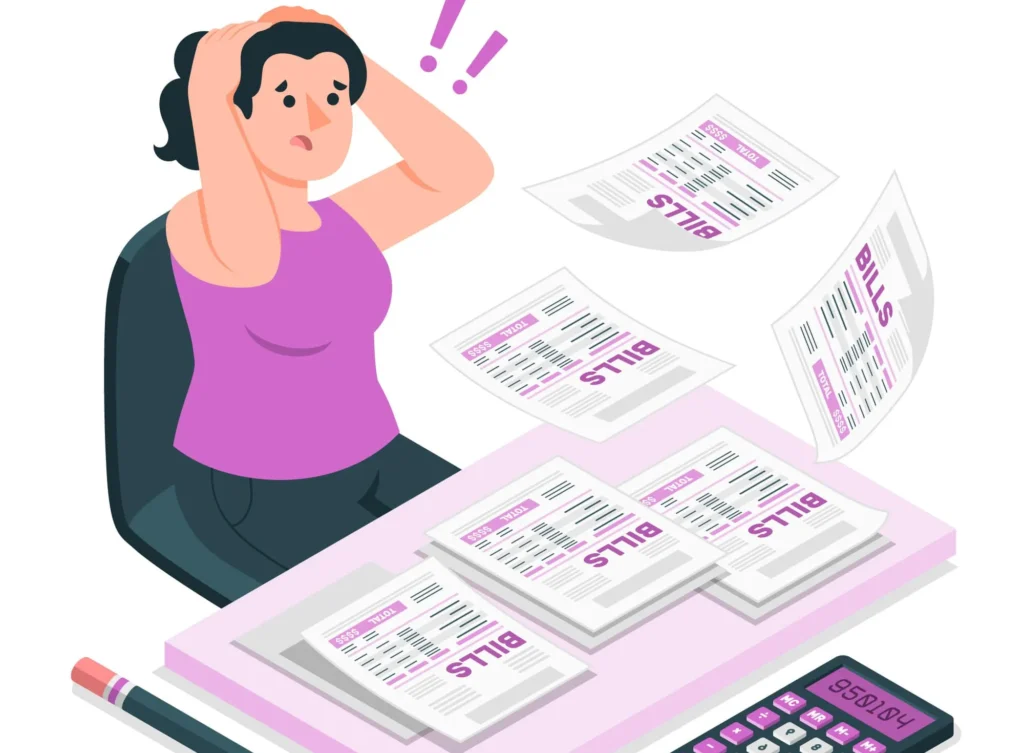As the political party conference season kicks off, Chancellor Rishi Sunak seems to have stumbled upon a potential pre-election game-changer by considering the elimination of the unpopular inheritance tax – a much-feared duty that impacts fewer people than one might think. Surprisingly, even left-leaning think tanks are advocating for its replacement.
So, who is currently paying inheritance tax, and what are the implications of its potential abolition? Could this policy shift be a windfall for grieving families or simply a boon for the property-owning Tories?
Alternatively, some argue that it might be a prudent measure benefiting both groups, given the persistent rise in house prices and prolonged periods of high inflation.
Who’s Affected?

Inheritance Tax has earned its reputation as a widely disliked levy, with many erroneously believing they’ll be subject to it. Calls for its abolition or reform emerge periodically from various corners, but in reality, only a small fraction of assets fall under its purview.
With Number 10 reportedly considering changes to the tax, Prime Minister Rishi Sunak might be onto a policy that few would lament losing.
How Many Pay?
Recent data from the Institute for Fiscal Studies (IFS) suggests that, while only a minority of individuals pay inheritance tax, the financial impact can be significant. If all non-spousal inheritances transferred in the next year were equally divided among 25-year-olds, each would receive approximately £120,000.
In the 2020-2021 tax year, the latest available figures from Her Majesty’s Revenue and Customs (HMRC) reveal that 27,000 estates paid inheritance tax.
An estate includes a person’s assets such as their home, jewellery, or other valuables, but pension and insurance money are exempt. To provide context, more than half a million people (577,160) passed away in England and Wales in 2022.
Consequently, less than 4% (3.73%) of estates incurred inheritance tax during the 2020-2021 fiscal year, with the number of estates paying the tax increasing by 4,000 individuals compared to the previous tax year (2019-2020), largely due to the higher death toll caused by the COVID-19 pandemic.
What’s the Bill?
At present, inheritance tax stands at a hefty 40% and applies to estates valued at over £325,000. However, there are allowances in place that can exempt less valuable estates. If a primary residence is passed on to children or grandchildren, a £175,000 allowance is applied, effectively limiting the tax to amounts exceeding £500,000.
Furthermore, married couples can combine their allowances, allowing them to pass on up to £1 million to their descendants tax-free. Rishi Sunak is rumoured to be considering a reduction in the tax rate in his upcoming budget, aiming ultimately for its abolition.
Official HMRC statistics reveal that inheritance tax liabilities reached £5.76 billion in the 2020-2021 fiscal year, marking a notable £800 million (16%) increase, primarily due to a higher number of deaths during the COVID-19 pandemic.
Provisional HMRC figures for this year indicate that more than £3 billion has been generated in just four months, with June setting a new monthly record.
Although inheritance tax revenue is rising, other forms of wealth tax, such as Capital Gains Tax (CGT), have surpassed it. CGT contributed £16.7 billion to the public purse in the 2021-2022 fiscal year, coming from 94,000 taxpayers.
Who Stands To Benefit?
Notionally, individuals passing on estates exceeding £500,000 would be subject to inheritance tax, but the reality is quite different. Wealthy individuals often find ways to circumvent the tax with the assistance of legal or tax advisors. For example, tax-free gifts of up to £3,000 in value can be given, which might benefit wealthier individuals passing on collector’s items but not middle-income earners leaving behind the family home.
However, some predict that the exchequer could soon collect even more from inheritance tax. Research suggests that the number of people paying inheritance tax could increase by 50% in a decade, potentially yielding £9 billion by 2029. The IFS goes further, projecting that around £15 billion could be generated from inheritance tax in a decade’s time.
Who Won’t Benefit?
According to the IFS, those without assets won’t gain much from inheritance tax cuts. By the time inheritances are received, wealth inequalities are already deeply entrenched and challenging to reverse. In essence, unless you already have affluent parents, inheritance tax is unlikely to benefit you.
The Road Ahead
The question of whether the inheritance tax policy will be scrapped depends on what it might be replaced with, if at all. Inheritance tax is broadly unpopular, with public perception at odds with the actual number of estates affected. Political parties have their reservations, with the Conservatives making recurrent attempts to eliminate the tax. However, Labour opposes it primarily because of concerns about unfunded tax cuts.

Even left-leaning think tanks like the Resolution Foundation and the IFS advocate for its removal but propose alternatives. The Resolution Foundation suggests a lifetime allowance for everyone, allowing individuals to inherit up to £125,000 tax-free over their lifetime.
Beyond this threshold, a 20% tax rate would apply for amounts up to £500,000, and a 30% rate for anything exceeding half a million, received after the £125,000 cut-off. Gifts and assets transferred between spouses would remain exempt, potentially generating £5 billion more annually compared to the existing system.
Another proposal, recommends keeping the tax as is but adjusting the thresholds for inflation. In any case, concrete decisions regarding the tax’s future are unlikely until Chancellor Sunak’s Tory Party conference speech in October or the government’s autumn statement in November.
Sources suggest that, contrary to earlier reports, no changes are anticipated this year!!
Conclusion
The fate of the inheritance tax remains uncertain, but its reform or abolition could have far-reaching consequences for both the wealthy and ordinary citizens. Remember, when navigating the complex world of Inheritance Tax, seeking professional advice is paramount.
We are dedicated to solve your queries.
Contact us for assistance at any stage of your journey.









